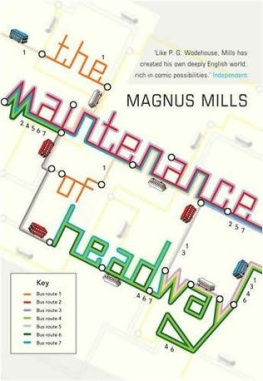I sometimes wonder what present-day chess would have been like if Morphy, Capablanca, Fischer, Kasparov and Carlsen had never been born. Our chess world would be infinitely poorer from their absence. This book is dedicated to Magnus Carlsen, whose once-in-a-generation genius made a unique contribution to the enrichment of chess beauty and our collective knowledge. Cyrus LakdawalaHow to Beat Magnus Carlsen Exploring the Most Difficult Challenge in Chess New In Chess 2020 2020 New In Chess Published by New In Chess, Alkmaar, The Netherlands www.newinchess.com All rights reserved. No part of this book may be reproduced, stored in a retrieval system or transmitted in any form or by any means, electronic, mechanical, photocopying, recording or otherwise, without the prior written permission from the publisher. Cover design: Volken Beck Cover photo: Lennart Ootes Editing and typesetting, supervision: Peter Boel Proofreading: Dennis Keetman Production: Anton Schermer Have you found any errors in this book? Please send your remarks to and implement them in a possible next edition.
ISBN: 978-90-5691-915-3 Explanation of Symbols The chessboard with its coordinates: 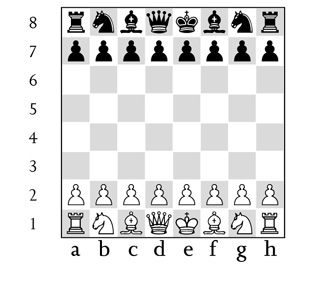
 | White to move |
 | Black to move |
| King |
| Queen |
| Rook |
| Bishop |
| Knight |
 | White stands slightly better |
 | Black stands slightly better |
 | White stands better |
 | Black stands better |
| + | White has a decisive advantage |
| + | Black has a decisive advantage |
| = | balanced position |
| ! | good move |
| !! | excellent move |
| ? | bad move |
| ?? | blunder |
| !? | interesting move |
| ?! | dubious move |
| # | mate |
| ch | championship |
| zt | zonal tournament |
| izt | interzonal tournament |
| ct | candidates tournament |
| tt | team tournament |
| ol | olympiad |
| m | match |
| cr | correspondence |
Introduction In the days of Morphy, there was a single dominant player who roamed as a wolf among sheep. How could this be in our era? There are too many gifted, highly trained players for one single player to dominate. Yet, impossibly, there is one player who does just that. His name is Magnus Carlsen.
Finally, given your rise over the past few years, do you believe you can become world champion? Can you challenge Carlsen? I think that maybe we have to wait for Magnus to get older! I cannot really challenge him. He is at the top, I think nobody can beat him.
But if he is not in his best shape as he gets older, maybe we will have some chance. (Chess.com interview with Ding Liren) Humility comes easily to the talentless. But for Ding Liren, the worlds number three player at the time of his interview, either the above statement is of a staggering level of humility, or perhaps he is a realist who views Magnus as currently untouchable in a classical time control World Championship Match. This book is as odd as its title suggests. Actually, the only place I can beat Magnus is perhaps in an alternative universe or maybe in his app when set at his strength on age 11. I fully expect a few How-dare-you-write-a-book-on-Carlsens-losses-when-you-lack-the-skill-to-beat-him-yourself! Facebook messages after this book comes out.
If you are an exceedingly strong player, then people write books about your best games, which tend to be wins; if you are a chess god, then people may even write a book on your losses. Its time to discuss a previously forbidden topic: Edward Winter relates that in the April 1994 Chess Life, Andy Soltis wrote of an apocryphal story: Shortly after Jos Capablanca became world champion Znosko-Borovsky published a booklet of the Cubans losses called Capablancas Errors. Asked about it, Capa said he hoped to write a book called Znosko-Borovskys Good Moves but, he said, Unfortunately, I didnt succeed in finding material for it. Edmar Mednis wrote a book on Fischers losses, called How to Beat Bobby Fischer. Some critics ridiculed him for it, even though he had actually beaten Bobby in a tournament game. The point of course is, how is a far weaker player (Znosko-Borovsky, Mednis, me) qualified to write a book about how to beat a sacrosanct chess god? In my case the subject is a player who is undoubtedly the strongest player of today, and some say maybe even the greatest player of all time.
The answer is, Magnus games are so profound that every loss of his discounting games when he was just a kid hits us as a shock, and something can be learned from it. A chess writer, unlike a novelist, is unable to type out a happy ending for the hero of his book and Magnus is the hero of this book, despite the fact that the vast majority of the games within it are his losses. This book is an examination of where Magnus was in the past, not where he is today. Being part of the world chess community gives us a sense of belonging to an entity greater than ourselves alone. Our CEO is always the reigning World Champion. Magnus finished 2019 with the unprecedented triumph of winning the Rapid and Blitz World Championships, as well as holding the title of Classical World Champion.
And in 2020 he proved his superiority in a huge majority of online events during the time of lockdown due to Covid-19. Not since Kasparovs reign have we seen such absolute dominance. Normally matters on the chessboard go Carlsens way, the way the Red Sea parted for Moses. In this book we examine the opposite of the norm, that rare moment when a player who is as close to perfection as we have ever seen, loses. The player who never loses: Carlsens humongous non-losing streak When this book uses the words ... beat Magnus, it really means Magnus of the past, since the one in the present hardly ever loses a chess game.
In the fourth round of the 2019 Tata Steel Masters in Wijk aan Zee in the Netherlands, Magnus drew with Dutch GM Jorden van Foreest. In doing so he shattered the record for the longest non-losing streak in chess history. Magnus previous loss was on July 31st 2018, against GM Shakhriyar Mamedyarov. This record eclipsed the previous record of 110 games set by the Dutch/Russian GM Sergei Tiviakov in 2005. When he finally lost to Jan-Krzysztof Duda in October 2020, Carlsen had even stretched the record to 125 games! His record is also far more impressive, since the average Elo rating of Tiviakovs field was 2476 FIDE, while Magnus opposition was just over 2700! You would think that random chance would have struck Magnus down somewhere in his massive streak, yet no matter how unsoundly he played, no matter how busted he was, no matter how strong his opposition, one thing remained the same: Magnus never lost a classical time control chess game, over an astonishingly large number of games. What Carlsens opponents discovered to their horror, during his seemingly endless streak, was that he could be knocked down, but he always got back up.
Next page
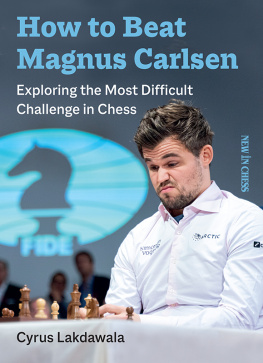
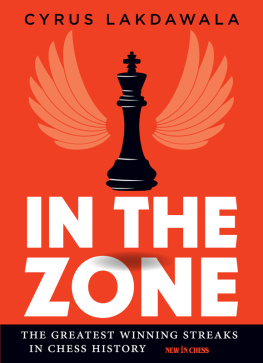
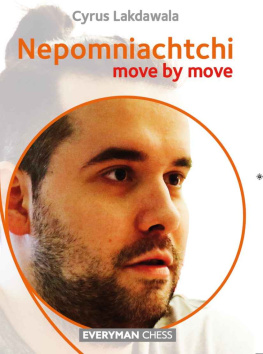
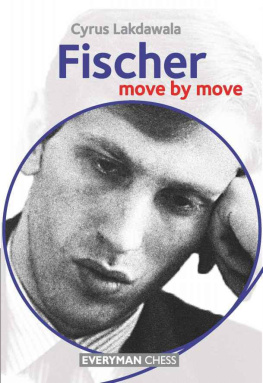
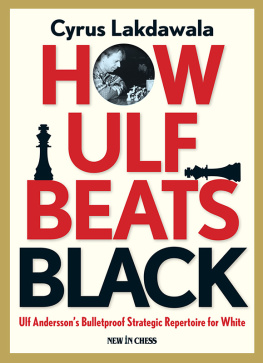



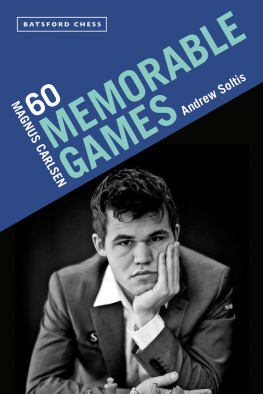
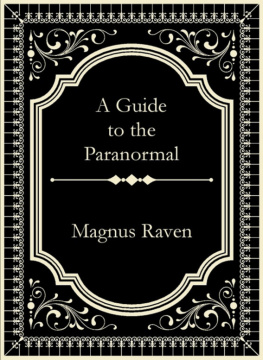
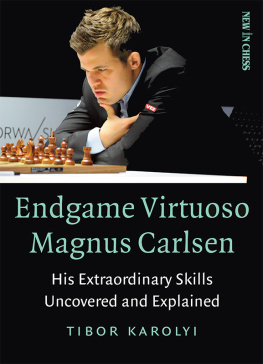
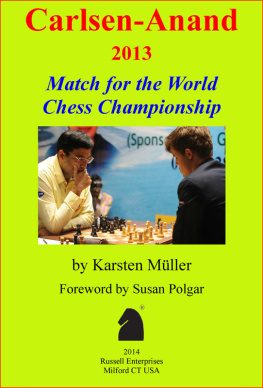
![Magnus Lie Hetland [Magnus Lie Hetland] - Python Algorithms: Mastering Basic Algorithms in the Python Language, Second Edition](/uploads/posts/book/124062/thumbs/magnus-lie-hetland-magnus-lie-hetland-python.jpg)
